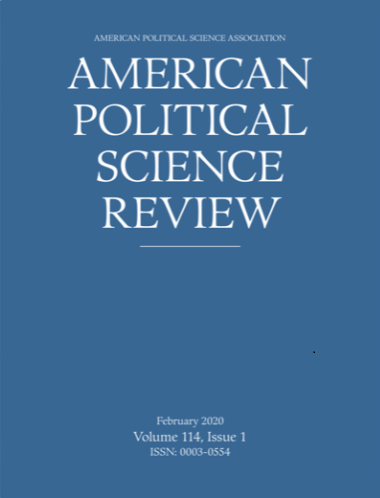绝食的权利
IF 5.9
1区 社会学
Q1 POLITICAL SCIENCE
引用次数: 0
摘要
绝食抗议通常在监狱中被镇压,被视为破坏性的、胁迫性的和暴力的。绝食者及其支持者坚持认为,被监禁者有权绝食,这可以保护他们免受镇压和强迫喂食。医生和医学伦理学家通常将这一权利视为拒绝医疗的权利;律师和法律学者将其来源于被监禁者的言论自由权。这两种说法都没有充分证明绝食权,因为两者都将绝食描述为非商业性和非暴力性。我阐述了对绝食权的另一种双重解释。关于补救论点,鉴于被监禁者在结构上容易受到虐待,而且申诉机制不足,绝食权应作为申请补救的权利受到法律保护。建设性论点将绝食权源于抵抗压迫的权利,并强调在面对死刑压迫时使用胁迫策略捍卫自由利益的规范允许性。本文章由计算机程序翻译,如有差异,请以英文原文为准。
The Right to Hunger Strike
Hunger strikes are commonly repressed in prison and seen as disruptive, coercive, and violent. Hunger strikers and their advocates insist that incarcerated persons have a right to hunger strike, which protects them against repression and force-feeding. Physicians and medical ethicists generally ground this right in the right to refuse medical treatment; lawyers and legal scholars derive it from incarcerated persons’ free speech rights. Neither account adequately grounds the right to hunger strike because both misrepresent the hunger strike as noncoercive and nonviolent. I articulate an alternative, dual account of the right to hunger strike. On the remedial argument, the right to hunger strike should be legally protected as a right to petition for redress, in light of incarcerated people’s structural vulnerability to abuse and given inadequate grievance mechanisms. The constructive argument derives the right to hunger strike from the right to resist oppression and stresses the normative permissibility of the use of coercive tactics to defend one’s liberty interests in the face of carceral oppression.
求助全文
通过发布文献求助,成功后即可免费获取论文全文。
去求助
来源期刊

American Political Science Review
POLITICAL SCIENCE-
CiteScore
9.80
自引率
5.90%
发文量
119
期刊介绍:
American Political Science Review is political science''s premier scholarly research journal, providing peer-reviewed articles and review essays from subfields throughout the discipline. Areas covered include political theory, American politics, public policy, public administration, comparative politics, and international relations. APSR has published continuously since 1906. American Political Science Review is sold ONLY as part of a joint subscription with Perspectives on Politics and PS: Political Science & Politics.
 求助内容:
求助内容: 应助结果提醒方式:
应助结果提醒方式:


